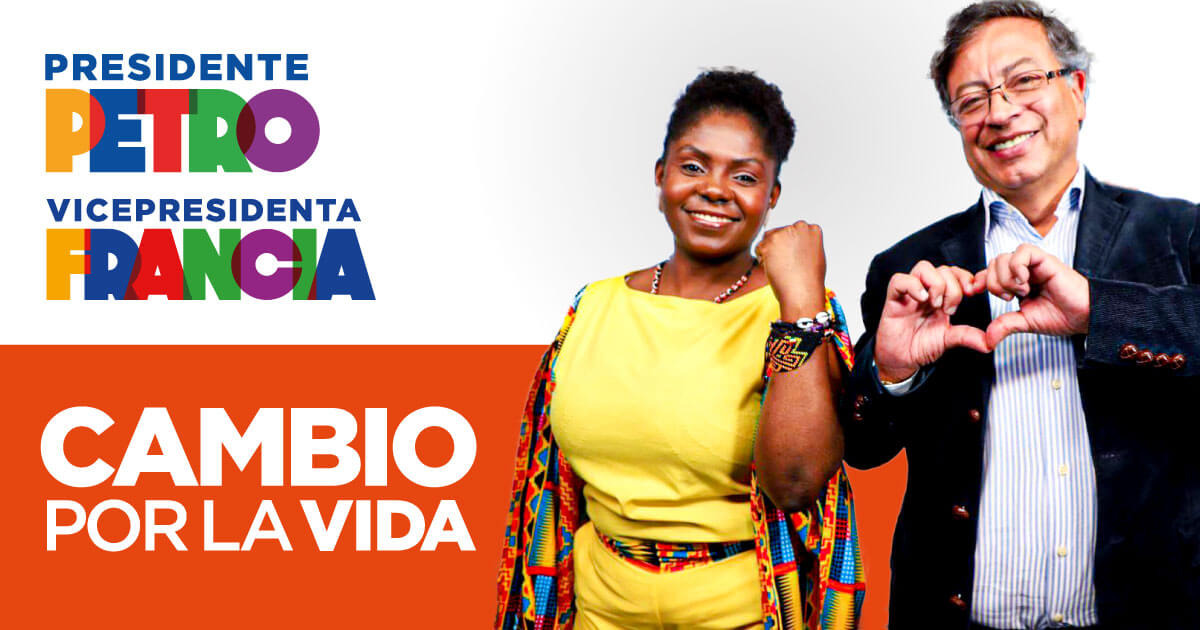
Practically all analysts agree that if it was difficult for Gustavo Petro to win the presidency of Colombia, it will be even more difficult to implement his work plan in a very polarized country, where violence and poverty punish the majority of the population and peace is still an illusion.
By Guillermo Alvarado
Practically all analysts agree that if it was difficult for Gustavo Petro to win the presidency of Colombia, it will be even more difficult to implement his work plan in a very polarized country, where violence and poverty punish the majority of the population and peace is still an illusion.
As of August 7, the former mayor of Bogota and his running mate, Francia Marquez, will not only be the rulers of the 11.2 million people who voted for them, but of all the inhabitants of a very complex country.
The first challenge will be to turn peace into a tangible good, a right at the service of society, because the agreements signed in 2016 did not lead to the total silencing of weapons, nor to the eradication of crimes, such as selective killings and forced disappearances.
The National Liberation Army, ELN, a still active guerrilla, already announced its willingness to dialogue with the new authorities, an offer that cannot be disdained.
In this line, there is a difficult and delicate issue, such as the relations with the army and the police, forces that until now have been at the service of the oligarchies and are responsible for reprehensible acts, such as the so-called false positives.
Designating the future minister of defense will give a clear signal of the way forward in a nation where thousands of families are searching for a loved one, or demanding justice for his or her death.
And since violence is not an orphan, it is also necessary to face the poverty that affects at least 39 percent of the population, a large figure that has been growing in recent years due to the health crisis created by the pandemic, but also due to corruption.
Colombia is still the leading producer and exporter of drugs, particularly cocaine, which travels from there to the two largest consumer markets, the United States and the European Union.
The trail of the white powder along the illicit trafficking routes can be followed for all the economic, social and health distortions it causes in its path.
Nor is the reactivation of the economy after two years of unemployment and global financial problems, including inflation, a minor issue. This will require working, whether we want to or not, with the business sector, most of which is adverse to Petro.
This type of cooperation is something that had never been seen in Colombia because the right wing always governed there, so it was easy to make a dirty campaign against the president-elect, accusing him of the most perverse intentions. Practice, let me insist, is the way to prove the truth.

